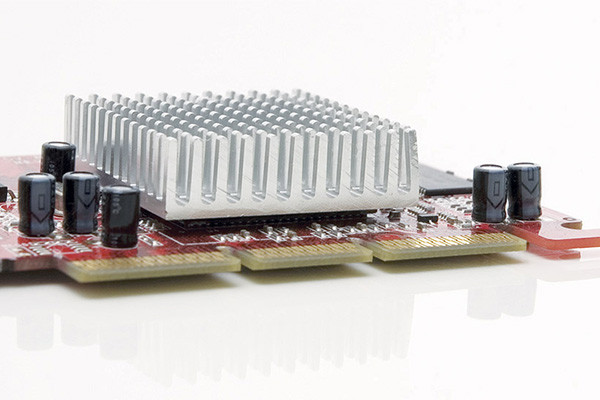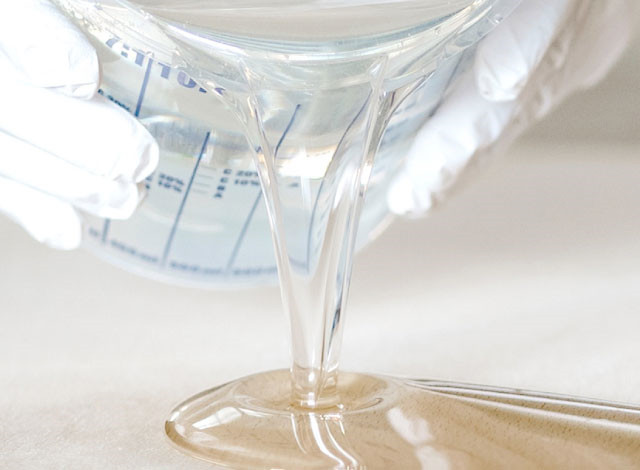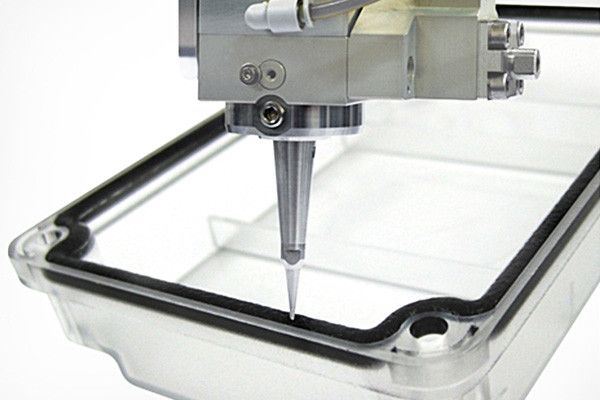Electronics Adhesives Applications

The electronic adhesives have been utilized in thousands of applications all over the world. From prototype to assembly line, our materials have aided in the success of many companies over a wide range of industries.
The field of electronics manufacturing is diverse with hundreds of thousands of different applications, many with their own set of individual adhesive requirements. Electronics design engineers regularly face the dual challenge of tracking down the correct adhesive for their application, while also focusing on aspects such as keeping material costs low. Ease of introduction into a production line is also important as this can reduce cycle time while simultaneously improving product performance and quality.
Deepmaterial will help you find the most suitable material for your application and offer you assistance from the design stage through the manufacturing process.
Adhesives for Bonding Application
Adhesives provide a strong bond during electronics assembly while protecting components against potential damage.
Recent innovations in the electronics industry, such as hybrid vehicles, mobile electronic devices, medical applications, digital cameras, computers, defense telecommunications, and augmented reality headsets, touch nearly every part of our lives. Electronics adhesives are a crucial part of assembling these components, with a range of different adhesive technologies available to address specific application needs.
Adhesives for Sealing Application
Deepmaterial’s high performance one and two component industrial sealants are easy to apply and are available for use in convenient applicators. They provide cost effective solutions for high tech applications. Our sealing products consist of epoxies, silicones, polysulfides and polyurethanes. They are 100% reactive and contain no solvents or diluents.
Adhesives for Coating Application
Many adhesive coatings are custom-engineered to solve limitless application challenges. The coating type and technique are carefully selected, often through extensive trial and error, to provide optimal results. Experienced coaters must account for a wide variety of variables and customer preferences before selecting and testing a solution. Adhesive coatings are common and used globally in a multitude of functions. Vinyl can be coated with pressure sensitive adhesives for use in signage, wall graphics, or decorative wraps. Gaskets and “O”-rings can be adhesive coated so they can be permanently affixed to various products and equipment. Adhesive coatings are applied to fabrics and non-woven materials so they can be laminated to hard substrates and provide a soft, protective, finish to secure cargo during transportation.
Adhesives for Potting and Encapsulation
Adhesive flows over and around a component or fills in a chamber to protect components therein. Examples include heavy duty electrical cords and connectors, electronics in plastic cases, circuit boards and concrete repair.
A seal must be highly elongating and flexible, durable, and fast setting. By definition, mechanical fasteners almost always require a secondary seal because penetrations in a surface allow fluid and vapor to freely flow into an assembly.
Adhesives for Impregnating Application
Deepmaterial offers porosity-sealing products and services to effectively seal cast-metal parts and electronic components against leakage.
From automotive to electronics to construction equipment to communications systems, Deepmaterial has developed cost effective solutions for sealing macroporosity and microporosity for metals and other materials. These low viscosity systems cure at elevated temperatures to a tough, strong chemical resistant thermoset plastic.
Adhesives for Gasketing Application
Deepmaterial manufactures a number of form-in-place and cure-in-place gaskets that adhere to glass, plastics, ceramics and metals. These formed-in-place gaskets will seal complex assemblies, prevent leakage of gasses, fluids, moisture, resist pressure and protect against damage from vibration, shock and impact.
Specific formulations feature superior electrical insulation properties, high elongation/softness, low outgassing and outstanding sound damping capabilities. Additionally thermally conductive gasketing systems are used for heat dissipation.
Silicone sealant is a highly versatile and durable adhesive material used for various applications, including construction, automotive, and household. Its unique properties make it a popular choice for sealing and bonding different materials, including metal, plastic, glass, and ceramics. This comprehensive guide will explore the various types of silicone sealants available, their uses, and their benefits.
Conformal Coatings for Electronics
In today’s world, electronic devices are integral to our daily lives. As electronic devices become more complex and miniaturized, the need for protection against environmental factors such as moisture, dust, and chemicals becomes more critical. This is where conformal coatings come in. Conformal coatings are specially formulated materials that protect electronic components from external factors that may compromise their performance and functionality. This article will explore the benefits and importance of conformal coatings for electronics.
Insulating epoxy coating is a versatile and widely used material with excellent electrical insulation properties. Various industries commonly employ it to protect electrical components, circuit boards, and other sensitive equipment from moisture, dust, chemicals, and physical damage. This article aims to delve into insulating epoxy coating, highlighting its applications, benefits, and critical considerations for selecting the suitable layer for specific needs.
Optical organic silica gel, a cutting-edge material, has gained significant attention recently due to its unique properties and versatile applications. It is a hybrid material that combines the benefits of organic compounds with the silica gel matrix, resulting in exceptional optical properties. With its remarkable transparency, flexibility, and tunable properties, optical organic silica gel holds great potential in various fields, from optics and photonics to electronics and biotechnology.












